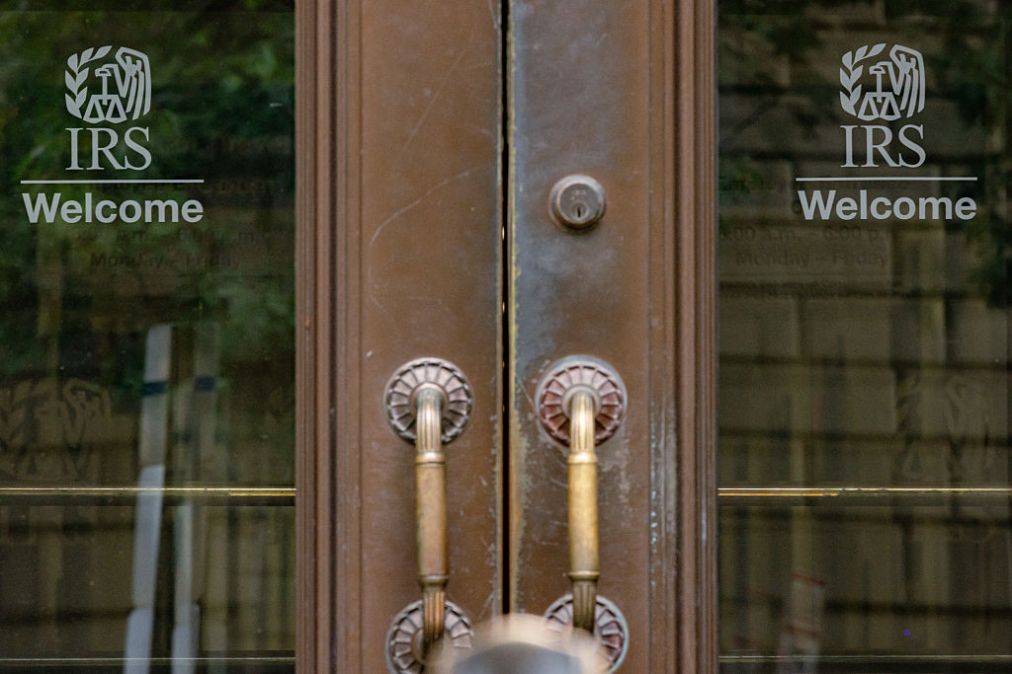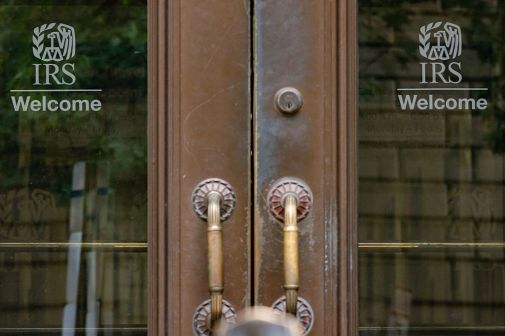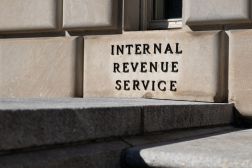House bill seeks AI boost for IRS to flag tax fraud

A group of House lawmakers is behind a new push to provide the IRS with artificial intelligence firepower to bolster its fraud-fighting efforts.
The Digital Evaluation for Tax Enforcement and Compliance Tracking (DETECT) Act calls on the Government Accountability Office to produce a report for the House Ways and Means and Senate Finance committees on AI’s potential to aid the IRS in detecting tax fraud.
Rep. Vern Buchanan, a Florida Republican and vice chairman of the House Ways and Means Committee, said in a press release Tuesday that the legislation is aimed at harnessing AI capabilities “to strengthen fraud detection, cut waste and ensure the IRS can conduct efficient, thorough investigations to protect American taxpayer dollars.”
“The IRS identified over $9.1 billion in fraud from tax and financial crimes in Fiscal Year 2024 alone,” said Buchanan, who introduced the bill with Rep. David Schweikert, R-Ariz., chair of the Ways and Means Oversight Subcommittee.
“We have a responsibility to protect hardworking Americans by ensuring their tax dollars are used wisely and government operates at peak efficiency,” Buchanan added.
The tax agency is no stranger to using AI. A 2024 report from the Treasury Inspector General for Tax Administration examined a list of 68 IRS projects that used AI models in agency operations, finding that 27 focused on improving enforcement.
Under the Trump administration, the Treasury Department pulled down the IRS’s AI use case inventory, so it’s no longer clear what artificial intelligence projects the agency is pursuing.
Nevertheless, the House lawmakers say their bill will facilitate “the IRS’s growing momentum in cracking down on tax fraud and reinforces ongoing efforts to strengthen enforcement capabilities,” in addition to aiding recovery efforts of taxpayer monies.
The DETECT Act’s other co-sponsors are Republican Reps. Aaron Bean of Florida, Randy Feenstra of Iowa, Nathaniel Moran of Texas, Claudia Tenney of New York, and Adrian Smith of Nebraska.
This story was updated Aug. 20 to add the name of one co-sponsor and remove the name of another who was incorrectly listed in the initial press release.






